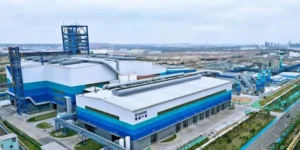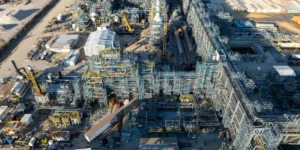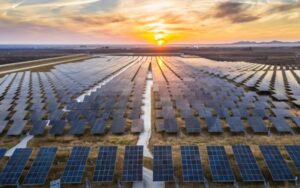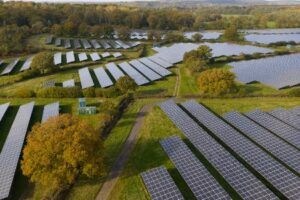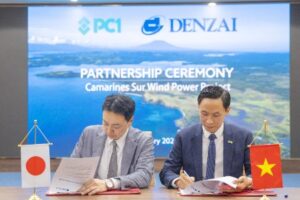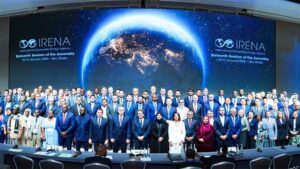Ballard stock rises on largest order for hydrogen fuel-cell engines in company’s history
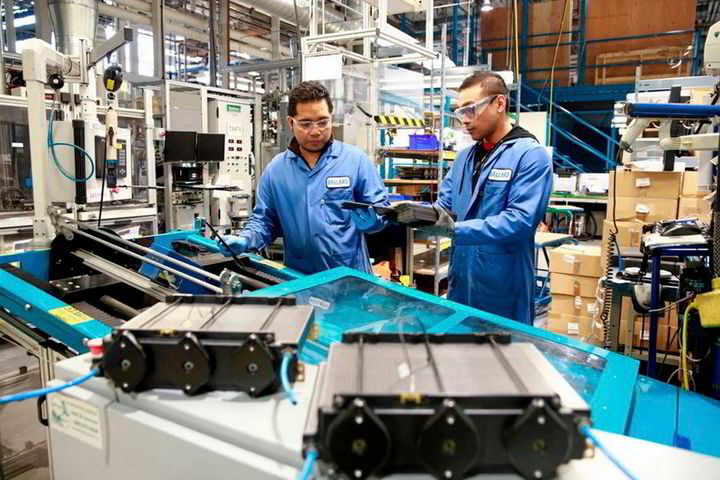
Fuel cell manufacturer Ballard Power Systems has seen its share price rise by more than 17% after announcing its largest order in the company’s history, as well as $54m in tax credits for a gigafactory in Texas.
The Canadian-headquartered firm signed an order from long-standing customer Solaris for the supply of 1,000 proton exchange membrane (PEM) fuel cells through 2027 for use in hydrogen buses.
Poland-based Solaris, which is the largest H2 bus manufacturer in Europe, has around 500 of its vehicles on order for the next two years, having already delivered nearly 200 since 2019.
The new deal boosts an existing order for 300 fuel-cell engines by another 700 units. Around 800 will be 70kW fuel cells used in 12-metre buses, while the other 200 will be 100kW fuel cells for 18-metre buses.
Meanwhile, Ballard has also separately announced that it has been awarded $54m via the 48C tax credit, which covers 30% of investment costs for selected clean energy manufacturing projects, for a massive fuel-cell factory in Rockwall, Texas.
The fuel-cell maker had also last month secured a $40m grant from the Department of Energy for the facility, the first phase of which is due on line by the end of 2027. However, a final investment decision on the $110m gigafactory is still pending the completion of “necessary approvals and definitive documentation”.
Article continues below the advert
“We expect our Phase I investment to provide for annual production capacity of 8 million MEAs [membrane electrode assemblies (a component of PEM fuel cells)], 8 million bipolar plates, 20,000 fuel cell stacks, and 20,000 fuel cell engines per year, or the equivalent of 3 gigawatts of fuel cells,” said Ballard’s COO Mark Biznek.
Biznek also cited the investment as an example of the company’s “local for local” manufacturing strategy.
Ballard is currently in the midst of building a $130m MEA factory in Shanghai, China, which would annually produce 13 million MEAs — enough for 20,000 fuel cell engines — and space to assemble 600 engines a year on-site.
This facility is set to be operational next year, with a joint venture already set up with Chinese diesel engine maker Weichai to sell into the domestic market.

